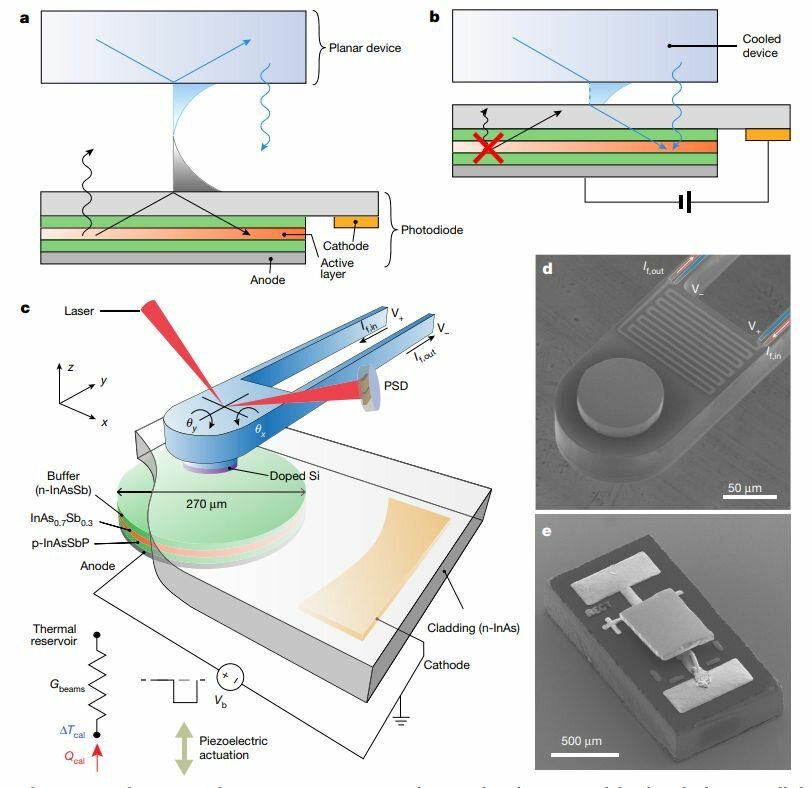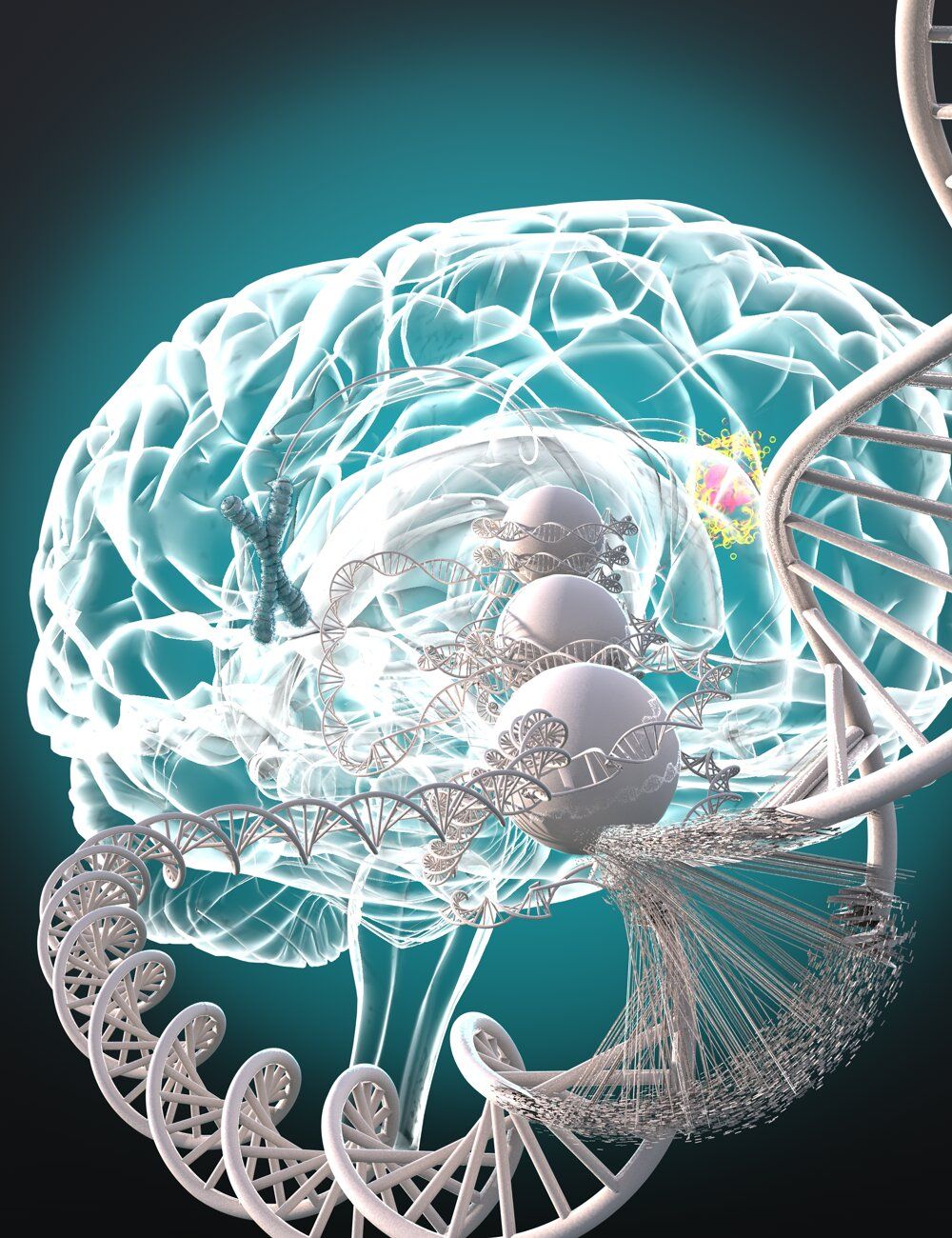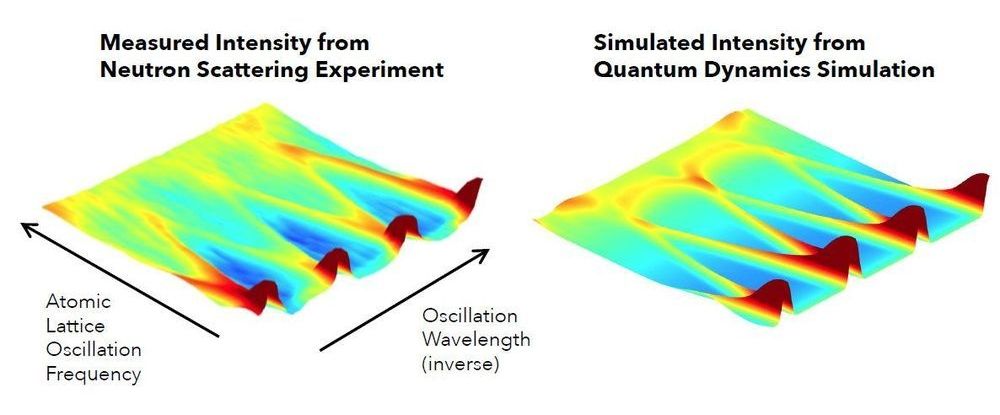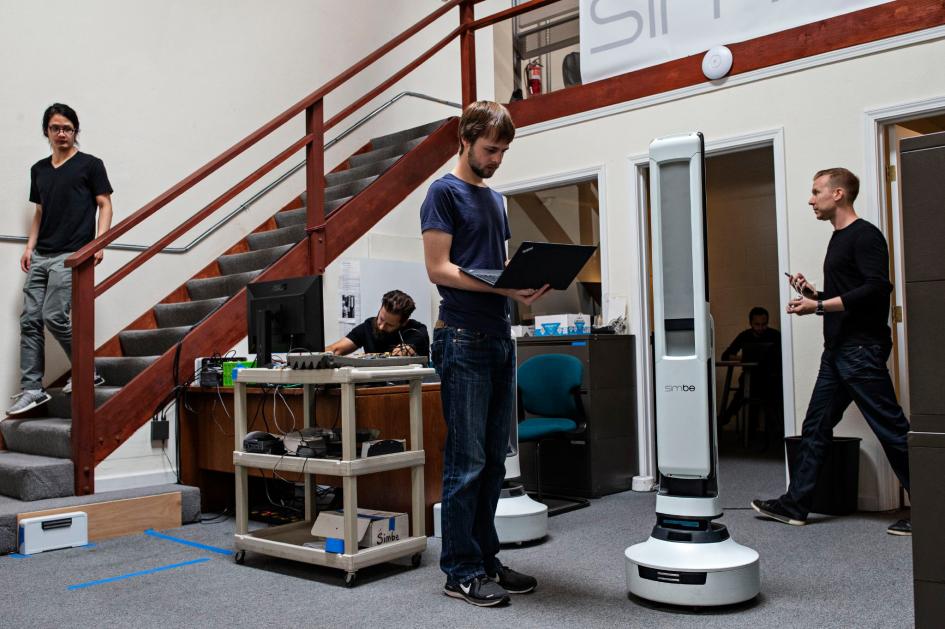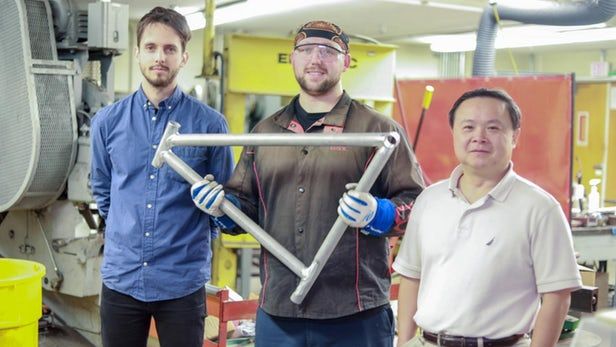Feb 13, 2019
Elusive ‘black panther’ alive and well in Kenya, study shows
Posted by Quinn Sena in category: futurism
Whispers of sightings of the elusive black leopard have long swirled around central Kenya, and scientists have now confirmed its presence there with a series of rare images taken by camera traps.
The images were captured by researchers from the San Diego Zoo who have been studying leopards in the Loisaba wildlife conservancy, as well as an independent photographer working in the region at the same time.
Continue reading “Elusive ‘black panther’ alive and well in Kenya, study shows” »

